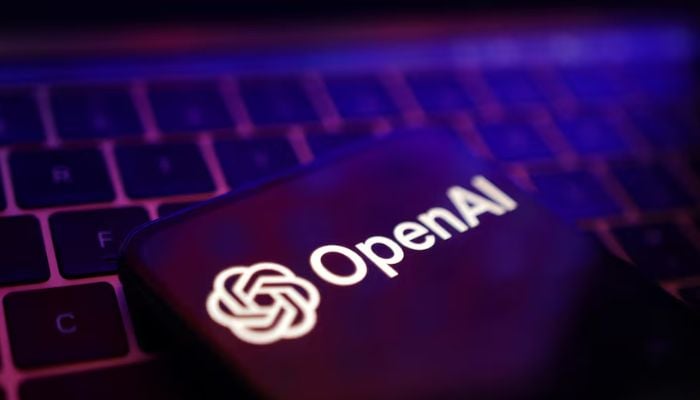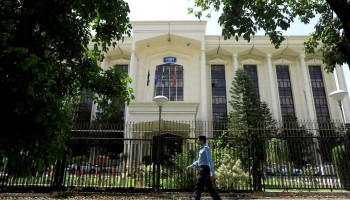
OpenAI has disclosed a security incident involving Mixpanel, a third-party analytics provider that was used previously on the frontend interface of its API platform. The company said that the breach happened within Mixpanel's systems, not OpenAI's, and no sensitive API data or user content was compromised.
According to OpenAI, Mixpanel informed them on November 9 that an unauthorised actor had gained access to part of its internal systems and exported an analytics dataset. Mixpanel shared the affected data with OpenAI on November 25, thus confirming the scope of exposure.
According to OpenAI, the issue did not involve ChatGPT users or any of its other consumer products; moreover, no chat history, API requests, passwords, credentials, API keys, payment information, or government IDs were affected.
The exposed dataset involved limited account-related information for only some of the API users on platform.openai.com.
Information potentially exposed includes:
- Name that was provided to us on the API account
- Email address associated with the API account
- Approximate coarse location based on API user browser (city, state, country)
- Operating system and browser used to access the API account
- Referring websites
- Organisation or User IDs associated with the API account
OpenAI has removed Mixpanel from its production systems and is conducting a thorough internal security review alongside its continued investigation with Mixpanel. Affected organisations, admins, and users are being contacted directly.
The company said that no evidence was found that any other system or user data was accessed, but it is enhancing security requirements across its entire vendor ecosystem and conducting an expanded review of all third-party partners.
OpenAI warned that the leaked data could be used for phishing or social engineering and that users should be vigilant for suspicious emails or messages that may appear to be from OpenAI. It issued a reminder that it never requests passwords, API keys, or verification codes via email or chat and suggested enabling multi-factor authentication as an additional security measure.















